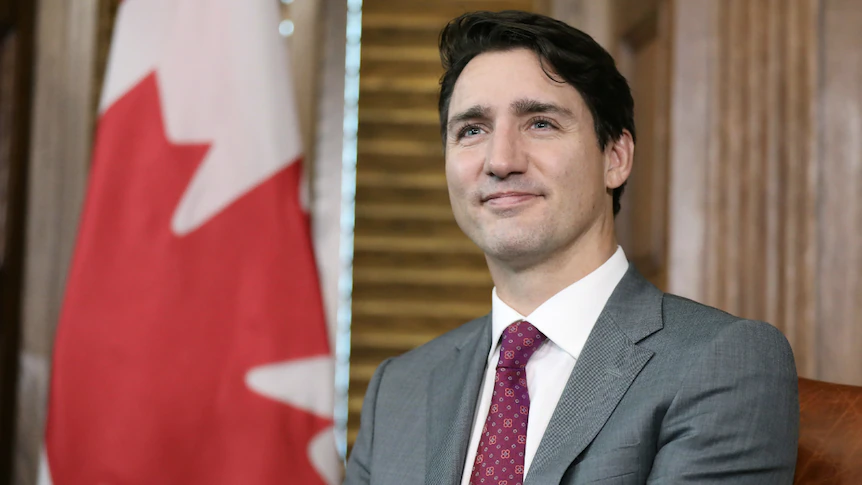It is important for you to know that the Canadian government has recently announced changes to the study permit if you are actively preparing to study there.
The requirements for a Post-Graduation Work Permit (PGWP) are also affected by regulations pertaining to foreign students entering Canada in 2024.
- Admission of international students is subject to a temporary federal cap: It is anticipated that there would be 360,000 fewer accepted study permits in 2024 than there were in 2023, a reduction of 35%. At the close of 2024, the cap for 2025 will be determined.
- The requirements for obtaining a Post Graduation Work Permit (PGWP) have also changed. As of September 1, 2024, foreign students who enroll in private universities offering licensed curricula and begin their studies there will not be eligible for PGWPs.
- Extended PGWPs for master’s graduates: Canadian master’s program graduates will soon be eligible for three-year PGWPs.
- The eligibility requirements for Spousal Open Work Permits have been modified. Currently, only international students’ spouses who are enrolled in master’s, doctoral, or professional programs are eligible for these permits.
- Updated standards for students’ cost of living: Effective January 1, 2024, international students must demonstrate that they have at least $20,635 (formerly $10,000) to pay their living costs; students relocating to Quebec must meet a different requirement.
Note that the Canadian government declared on January 22, 2024, that the number of study permit applications accepted would be limited to two years. In 2024, it is anticipated that 360,000 additional study licenses will be granted to overseas students, a 35% drop from 2023. At year’s end, the cap for 2025 will be decided.
There will be a cap on the total number of foreign students enrolled in undergraduate programs in each province and territory. Study visa allotments will be severely reduced in the provinces that have experienced the most unsustainable growth in the number of overseas students. For example, a 50% decrease in the acceptance rate of study permits is anticipated in Ontario.
The purpose for Canada’s international student cap, the amount of study permits that the Canadian government has issued has increased dramatically during the past ten years. Sadly, the infrastructure needed to accommodate this increase in international students has not kept up, putting strain on the housing and medical systems.
Furthermore, in an effort to boost their profits, several private universities have started admitting more foreign students while maintaining the same admission and curriculum requirements. The purpose of the new study permit cap is to give the Canadian government more time to develop a framework for trusted institutions, which will motivate designated learning institutions (DLIs) to uphold high standards of instruction, assist in the removal of dishonest actors from the education industry, and guarantee that international students receive the assistance they require to succeed both academically and in their other endeavours.
It is anticipated that admittance to Canadian DLIs would become increasingly competitive as fewer study permits are granted.
Your prospects of obtaining a study permit will probably not change if you are applying to a master’s or doctorate program in Canada. However, it could be more challenging for students to be eligible for a study visa if they enroll in undergraduate programs leading to a bachelor’s degree, diploma, or certificate.
Students who are interested in studying in Ontario, British Columbia, or Nova Scotia may have to contend with higher competition because these regions are predicted to have a more significant decrease in the number of study permits given.

